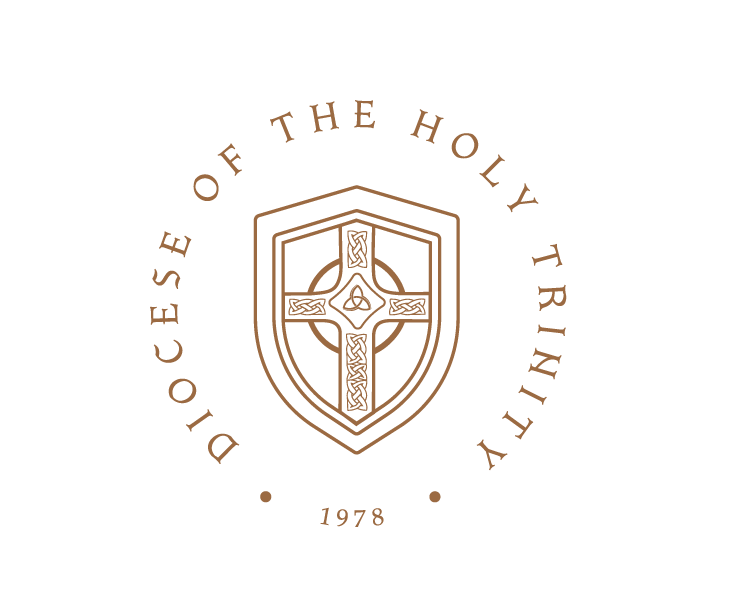Retreat
A gathering at some, usually remote, location for a period of silence, prayer and teaching is called “a retreat.” I first encountered an objection to this term in a book about men’s ministry. The protest was to the effect that men ought to advance and conquer rather than retreat. Most of us in the church hear the word “retreat” in its specialized meaning, but to the untrained ear retreat can sound like a feeble response to the spiritual battle: Let’s conquer world, flesh and devil by…running away to the mountain!We are dealing here with a central paradox of Christian faith. God’s power is manifested through us most effectively when we are still, silent and dependent upon him. At the climactic moment of the Exodus, Moses told the people, “Stand still, and see the salvation of the Lord, which he will accomplish for you today” (Exodus 14:13). In Psalm 46, God exhorts us to, “Be still, and know that I am God.” The conversion of Saul occurred when Jesus blinded him so that he had to be led by the hand into Damascus. St. Paul later concluded, “When I am weak, then I am strong” (2 Corinthians 12:10).God tells us to be still and leads us into circumstances where we feel weak to teach us to put our faith in him. This attitude of trust and dependence does not stand in contrast to activity or productivity. Rather, stillness and silence in God’s presence are the prerequisites for efficient and productive labor “in Christ.” We gather on the first day of the week for the Eucharist and we begin the day with prayer so that our labor will be in harmony with God’s will and purpose for our lives. The habitual, God-centered attitude of prayerfulness—what is called “recollection”—causes our work to be “wrought in God” (John 3:21). The further our labor is detached from our prayer, the less faithful and effective our labor becomes.Many of us are regularly swamped by the busy-ness of life. The life of prayer is a frequent casualty of any number of (often false) urgencies. We fall into a hurried lifestyle in which prayer becomes an emergency appeal rather than the foundation for life. It is hard to escape from this captivity without pushing the reset button in some way. This is the value of a retreat. A retreat is a purposeful withdrawal from the daily battle for the purpose of re-establishing both our connection with God and the habits prayer that sustain that connection. A retreat offers a pattern of praying the daily offices, receiving the Sacrament and engaging in extended conversational prayer. We re-establish our rule of life. We rearm ourselves so that we can fight more faithfully and effectively.Prayer (the central activity of faith) is the most powerful human force in the world. In Revelation, the judgments of God come in response to the prayers of his people (Revelation 5:8, 8:4-5). We rule with Christ through prayer. That is how we exercise our rightful place of dominion (Genesis 1:26, Revelation 5:10). We regularly retreat to the stillness and silence of God’s presence to renew our prayer so that we can return to the battle as “more than conquerors through him that loved us” (Romans 8:37).

